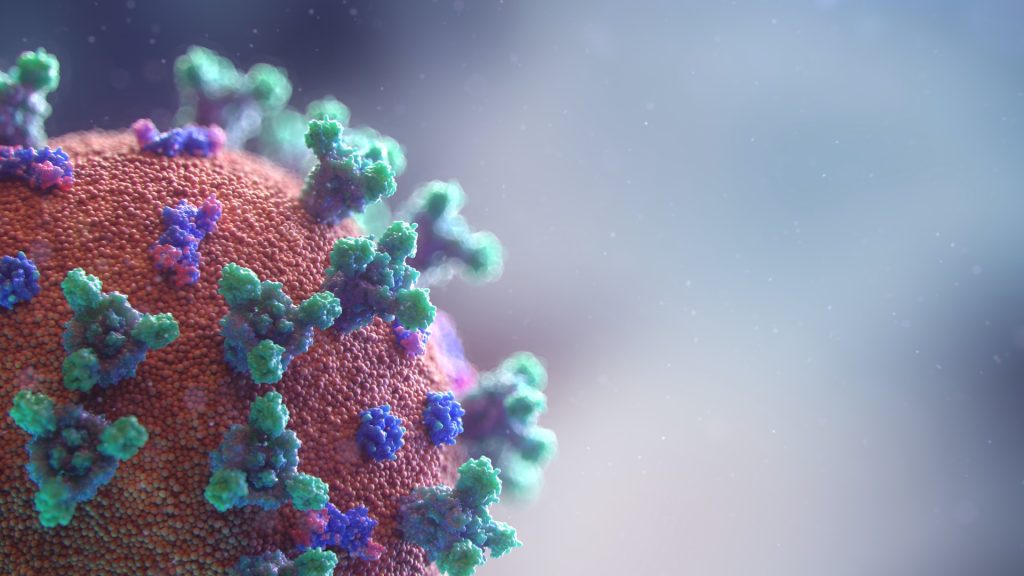
A new study recently published in Nature has found that immune protection resulting from COVID protection creates lasting effects in memory B cells.
Unlike circulating antibodies, which peak soon after vaccination or infection only to fade a few months later, memory B cells can remain to ward off severe disease for decades. They also evolve over time, learning to produce successively more potent ‘memory antibodies’ that are more effective at neutralising the virus and with better adaptation to variants.
Though vaccination instils higher levels of circulating antibodies than natural infection, the study suggests that not all memory B cells are created equal. While vaccination gives rise to memory B cells that evolve over a few weeks, natural infection births memory B cells that continue to evolve over several months, producing highly potent antibodies adept at eliminating even viral variants.
Though the findings suggest an advantage from natural infection over vaccination, this does not outweigh the dangers of illness and death from COVID, the researchers warn.
“While a natural infection may induce maturation of antibodies with broader activity than a vaccine does – a natural infection can also kill you,” explained Professor Michel C. Nussenzweig, head of Rockefeller’s Laboratory of Molecular Immunology. “A vaccine won’t do that and, in fact, protects against the risk of serious illness or death from infection.”
When any virus enters the body, immune cells immediately release circulating antibodies, which decay at variable rates depending on the vaccine or infection. They may confer protection for months or years but then dwindle in number, allowing possible reinfection.
Long term protection is provided by memory B cells that produce memory antibodies. Studies suggest that memory B cells for smallpox last at least 60 years after vaccination; those for Spanish flu, nearly a century. And while memory B cells don’t necessarily block reinfection, they can prevent severe disease.
Recent studies have suggested that within five months of receiving a vaccine or recovering from a natural infection, some no longer retain sufficient circulating antibodies to keep the novel coronavirus at bay, but memory B cells remain vigilant. Until now, however, scientists did not know whether the vaccines could be expected to provide the sort of robust memory B cell response seen after natural infection.
Prof Nussenzweig and colleagues resolved to tease out any differences in memory B cell evolution by comparing blood samples from convalescent COVID patients to those from never-infected mRNA-vaccinated individuals.
Vaccination and natural infection elicited similar numbers of memory B cells, which rapidly evolved between the first and second dose of the Pfizer and Moderna vaccines, producing increasingly potent memory antibodies. But after two months, progress stalled. The memory B cells were present in large numbers and expressed potent antibodies, but the antibodies were not getting any stronger. Also, although some of these antibodies were able to neutralize Delta and other variants, there was no overall improvement in breadth.
The researchers found that in convalescent patients, however, memory B cells continued to evolve and improve up to one year after infection. With every memory B cell update, more potent and more broadly neutralising memory antibodies were coming out.
There are several potential reasons that memory B cells produced by natural infection might be expected to outperform those produced by mRNA vaccines, the researchers said.
It is possible that the body responds differently to viruses that enter through the respiratory tract than those that are injected. Or perhaps an intact virus goads the immune system in a way the vaccines’ spike protein antigens simply cannot. It may also be possible that the virus persists in the naturally infected for weeks, giving the body more time to mount a robust response. The vaccine, on the other hand, is flushed out of the body mere days after triggering the desired immune response.
Memory B cells appear to undergo limited bouts of evolution in response to mRNA vaccines, a finding which may have significant implications for booster shots. A booster with the current mRNA vaccine would likely stimulate memory cells to produce antibodies strongly protective against the original virus and somewhat less so against the variants, Prof Nussenzweig said.
“When to administer the booster depends on the object of boosting,” he said. “If the goal is to prevent infection, then boosting will need to be done after 6 to 18 months depending on the immune status of the individual. If the goal is to prevent serious disease, boosting may not be necessary for years.”
Source: Rockefeller University

